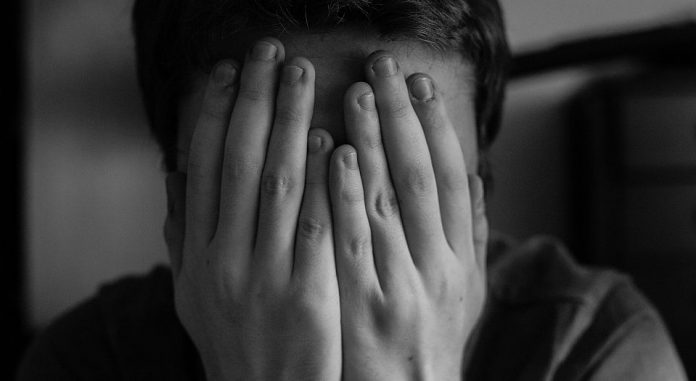
This is a Fitness Report exclusive article from Jared, schizophrenia researcher and owner of SchizLife.com. In this article, Jared shares with us the benefits of exercise on psychological health, no matter who you are, but especially if you struggle with a mental illness. Read on to learn why you will be happier and healthier with regular cardiovascular and strength training!
I’ve heard more times than I feel like I should that people with mental illness or mental disorder shouldn’t be exercising. I’m not sure where this information got its start and why it continues to be propagated throughout our culture, but it does. Fortunately, there is plenty of clinical research out there to dispute this silly claim.
So what are some of the benefits of exercising for anyone who suffers from a psychological difficulty? Why should these people be any different than anyone else? Well, they aren’t. Let’s look at these benefits and you’ll see how it equally helps those with and without mental illness.
Physical Benefits
Everyone should be performing at least half an hour’s worth of cardiovascular exercise a day, at least five days a week.
With practice and conditioning, they should be increasing the amount of time spent and the levels on intensity that they are comfortable with. Keeping the cardiovascular system in shape is one of the most important ways to keep your body healthy. It reduces the risk of heart conditions, weight-related conditions such as diabetes, and other diseases that come along with living a sedentary lifestyle. This can quite literally add an extra 20 years onto the length of a person’s life. It is a price that is well worth buying with a minimum of thirty minutes per day.
Psychological Benefits
Since we are talking about mental illness, it only makes sense that we place plenty of emphasis on the psychological benefits of exercise. Steady movement of moderate intensity produces changes in the chemistry of the brain by releasing endorphins that are associated with pleasure and relaxation. This is a huge benefit for anyone who is dealing with an anxiety condition. For this with depression, they can find relief from their symptoms by installing a regular routine of exercise into their lives.
People with mental illness tend to want to isolate themselves from their friends and loved ones. They end up ostracizing themselves. This withdrawal from society produces further anxiety, depression, feelings of victimization or persecution, and more.
Also read: Powerful Testosterone booster TestRX >>
But exercise makes a person feel good about their appearance and their achievements. If your self-esteem is high, and your self-image is healthy, then there is no reason to isolate yourself. As humans, it’s important to be socially connected so you can express your feelings and desires with other human beings. This is essential for normal cognitive functioning.

Exercise can also increase the level of concentration and focus for individuals with attention disorders. It can increase the short-term and long-term memory. These types of effects have wide-reaching consequences throughout one’s life, whether that be their working life, home life, or social life. Feeling good about oneself as well inspires you to take care of things you might otherwise ignore, such as hygiene of your body and your home. It will make you want to continue exercising.
Conclusion
So whether you are dealing with manic-depression, schizophrenia, generalized anxiety, or any other mental illness, exercise can definitely help you feel better and function better. Get out there, meet others like you, and find a place where you can share your feelings and ideas, such as Schiz Life, where schizophrenics can consult one another and inspire each other to maintain a constant exercise routine! There are communities like this all over the internet for people suffering from various mental illnesses. Seek one out that is right for you and get involved! Best of luck.
Read our full review about one of the best bodybuilding supplements: Crazy Mass >>



























